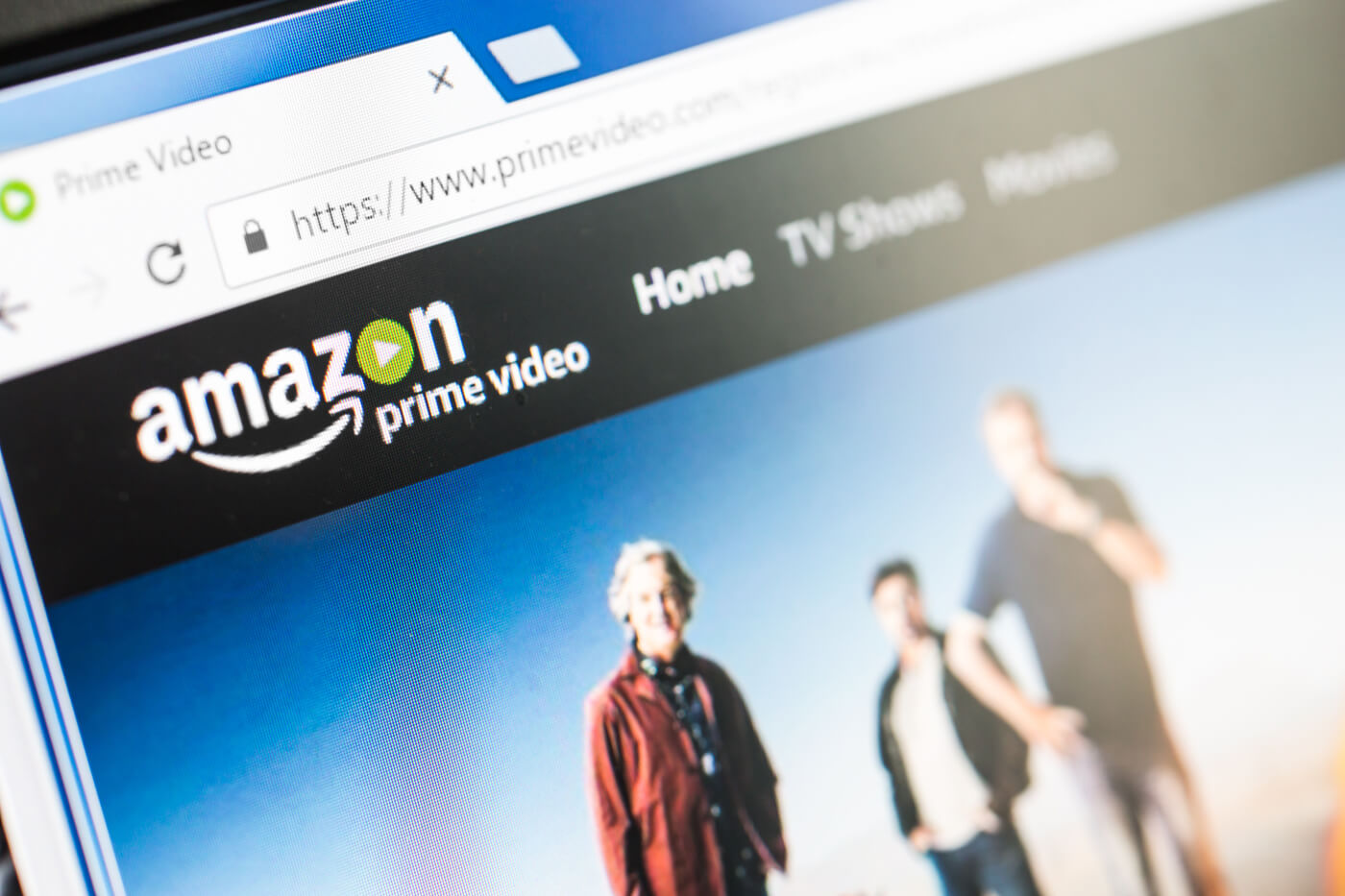What just happened? Amazon and Google are following Netflix's lead and will reduce the quality of their video streams in the EU to help lighten the load on the Internet during the coronavirus outbreak.
In a statement issued to TechCrunch, a YouTube spokesperson said they are having ongoing conversations with regulators, governments and network operators across Europe and have committed to temporarily defaulting all traffic in the EU and the UK to standard definition.
Amazon essentially echoed the same sentiments, saying that it is working with local authorities and ISPs to help mitigate any network congestion. The effort includes reducing streaming bitrates in Europe, we're told.

Netflix on Thursday set a precedent when it became the first of the major streaming giants to reduce its bitrate in the EU, committing to do so for a period of 30 days. It's relatively safe to assume that it's only a matter of time before these measures are rolled out in other regions, perhaps even globally.
Shelter in place orders are going into effect globally, putting strain on systems that is far higher than they'd ever experience during normal operation. With more people being forced to stay home and many electing to do so voluntarily, they're inevitably turning to the Internet to work remotely and for entertainment purposes. Imagine how much worse this whole mess would be if communications networks collapsed.
It also brings up another interesting question. Let's assume for a moment that the throttling goes on for longer than just 30 days. If you are a Netflix subscriber that pays for the premium plan which affords UHD quality yet you are now limited to standard definition, are you expected to continue to pay the premium rate? In this scenario, should Netflix only charge a portion of the usual monthly fee since it isn't delivering what it promised?
Masthead: Snail by Zenza Flarini. Amazon Prime by pixinoo.
